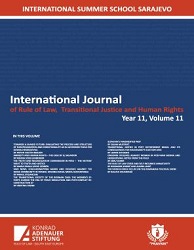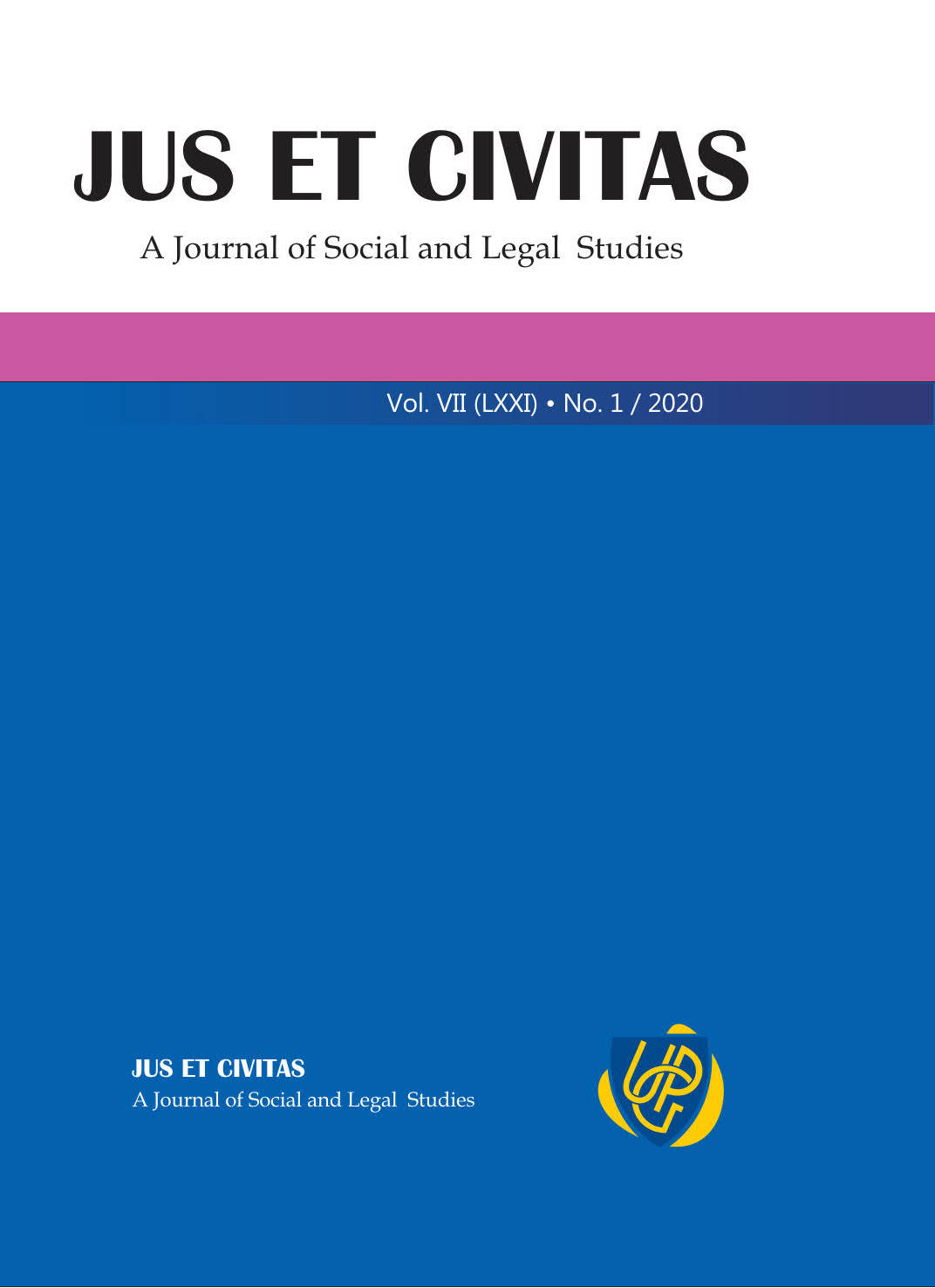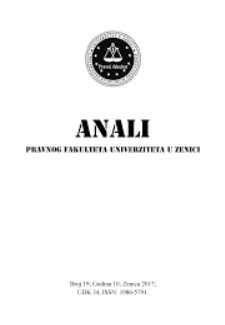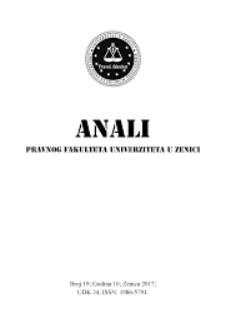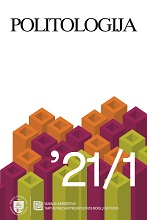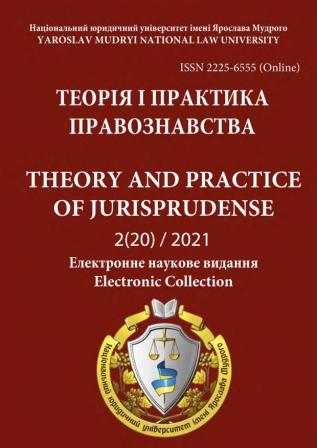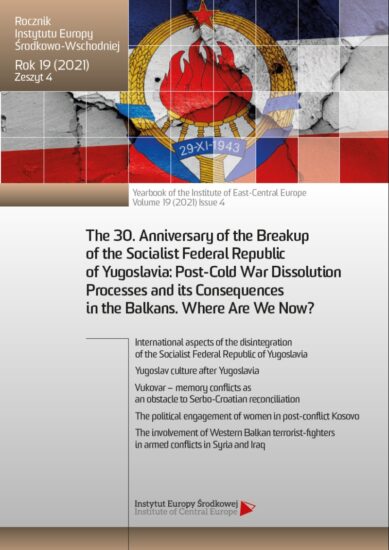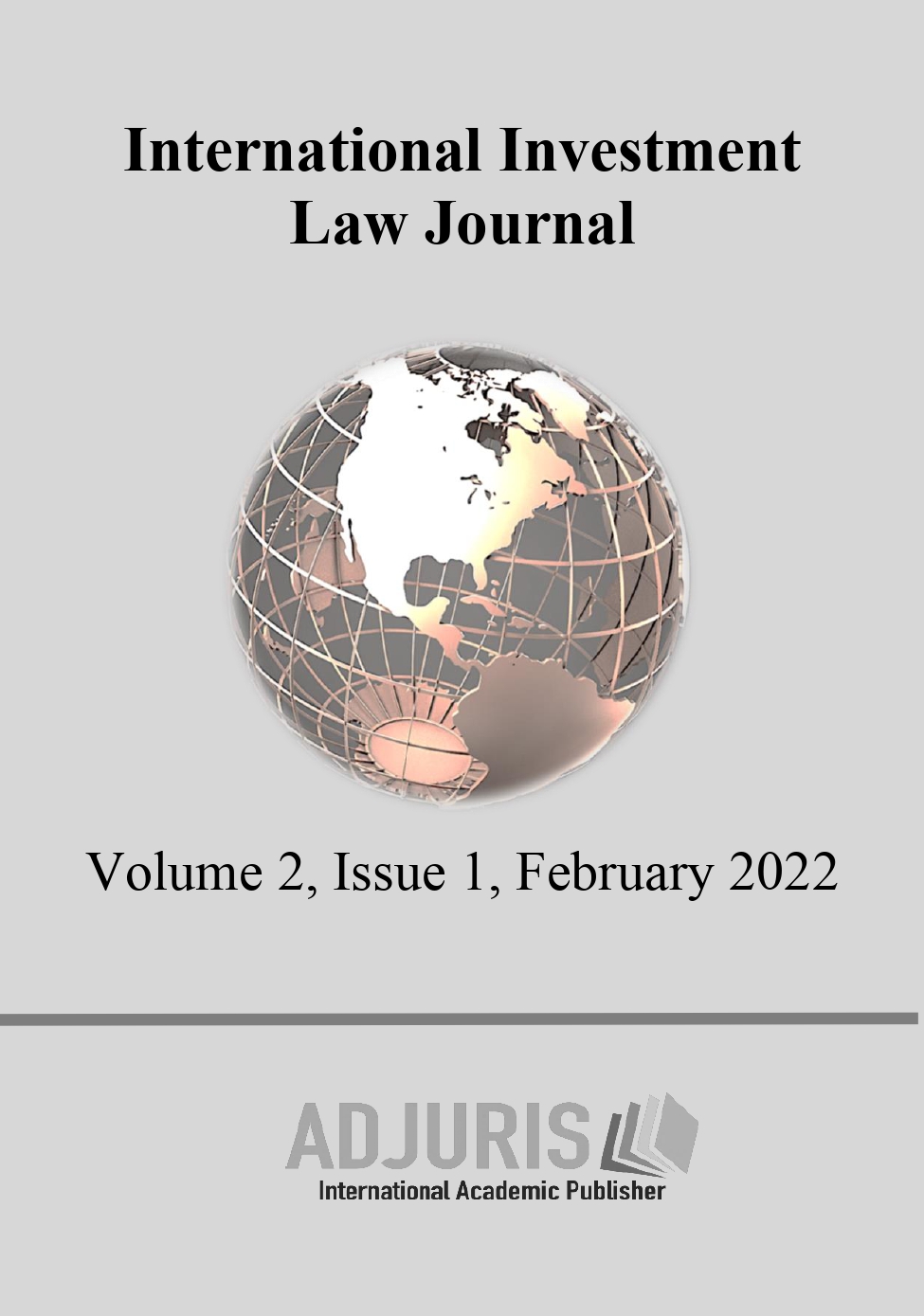Author(s): Olena Viktorivna Tkachova / Language(s): English,Russian,Ukrainian
Issue: 20/2021
In modern conditions, when information technologies are rapidly developing and innovations are being introduced, certain changes are taking place in the communication not only of individual citizens, but also of states, and favorable conditions are being created for establishing close ties and contacts. Of course, on the one hand, this is beneficial because it accelerates the exchange of knowledge and information, the transfer of various information (the timely receipt of which can sometimes depend on the fate of people and entire countries, as in the case of terrorist acts), and on the other - facilitates communication of members of transnational criminal groups with partners in other countries and even on other continents, which is more difficult to detect. As a result, such a negative phenomenon, so to speak, the tumor, as transnational crime is gaining significant scale, behaves like an octopus, launching its tentacles around the world. The study found that the features of modern transnational organized crime are: rapid adaptation to realities, instant response to changes and transformations in life and economy, the ability to improve and adjust the methods and tools used in activities; coordination; rationality; thoughtfulness and systematic actions; systematization; the desire to minimize potential risks and get the most profit and maximum profits. Such models of transnational organized crime as: corporate, trade unions, partnerships, ethnic, network are considered. Modern transnational criminal groups, regardless of model, have been shown to be “well-concealed, well-off criminal communities with a well-defined internal structure, distribution of spheres of influence and functions, and extensive interregional or international ties. It is emphasized that now transnational crime is turning into cybercrime. This is made possible by the fact that it is easier to hide criminal activity on the Internet, anonymity is ensured, and it is possible to act uncontrollably, which, in turn, guarantees security for criminal activity.
More...



